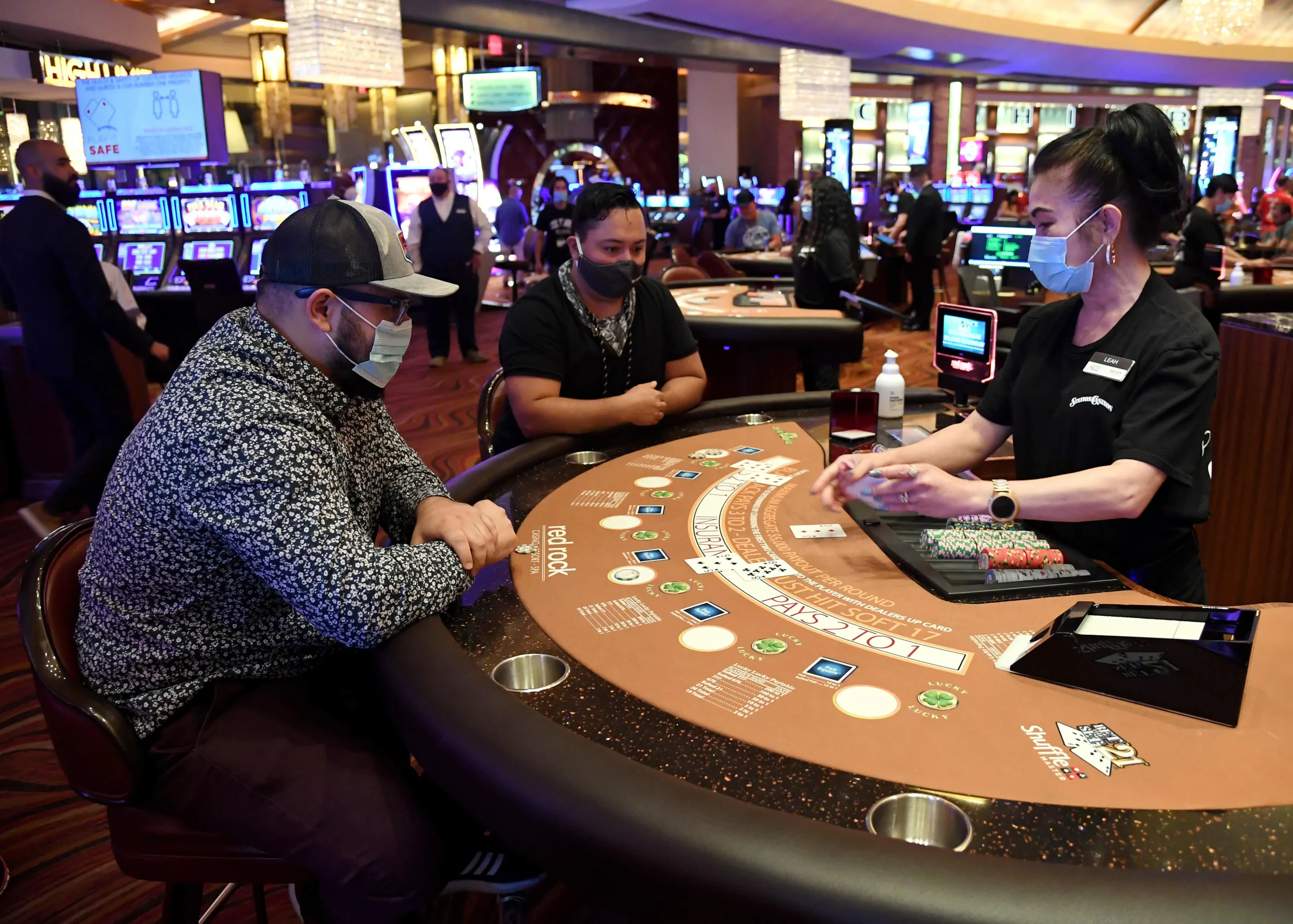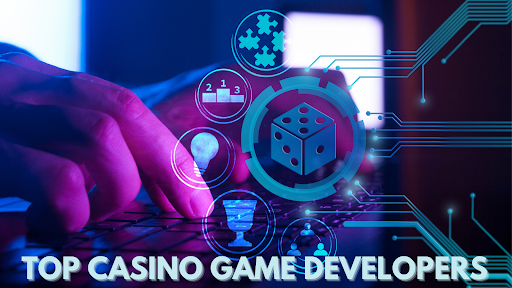In the realm of modern entertainment, online gaming has emerged as a cultural juggernaut, captivating millions of players worldwide with its immersive experiences, competitive spirit, and vibrant communities. This article explores the evolution of online gaming, its impact on society, the technologies driving its growth, and the challenges it faces in an increasingly connected world.
Evolution of Online Gaming
Online gaming’s journey began modestly with text-based adventures and rudimentary multiplayer games in the early days of the internet. As technology advanced, so did the complexity and scope of games, leading to the development of graphical MMORPGs (Massively Multiplayer Online Role-Playing Games) like EverQuest and Ultima Online in the late 1990s. These games laid the groundwork for the https://www.naturafresh.com/ expansive virtual worlds and interconnected gameplay experiences that define online gaming today.
Diversity of Gaming Experiences
Today, online gaming encompasses a vast array of genres and platforms, catering to diverse tastes and preferences. From adrenaline-pumping shooters and strategic MOBAs to immersive sandbox environments and simulation games, there is a virtual world to suit every player’s interests. Mobile gaming has also surged in popularity, offering accessible gaming experiences on smartphones and tablets, further democratizing the gaming landscape.
Community and Social Dynamics
One of the defining features of online gaming is its ability to foster communities and forge connections among players across the globe. Games serve as virtual meeting grounds where individuals can collaborate on quests, compete in tournaments, or simply socialize and unwind. Platforms like Steam, PlayStation Network, Xbox Live, and Discord provide robust social features that facilitate communication, community building, and the sharing of gaming experiences.
Economic Impact and Industry Growth
Beyond its cultural significance, online gaming has become a formidable economic force, generating substantial revenue through game sales, in-game purchases, and advertising. The rise of eSports has transformed competitive gaming into a professional sport with dedicated leagues, tournaments, and sponsorship opportunities. Professional gamers, once niche figures, now command large followings and compete for substantial prize pools in global events watched by millions online.
Technological Advancements Driving Innovation
Technological advancements continue to drive innovation within the online gaming industry. Improvements in graphics, network infrastructure, and server capabilities have enabled developers to create increasingly realistic and immersive gaming experiences. The advent of cloud gaming services allows players to stream high-quality games on a variety of devices, while virtual reality (VR) and augmented reality (AR) promise to revolutionize how players interact with virtual worlds.
Challenges and Considerations
Despite its numerous benefits, online gaming faces challenges such as gaming addiction, cyberbullying, and concerns over data privacy and security. Developers, platform operators, and policymakers are working to address these issues through education, moderation tools, and responsible gaming initiatives aimed at promoting healthy gameplay habits and fostering safe online environments.
Looking Forward
As we look to the future, online gaming shows no signs of slowing down. With advancements in technology and evolving player expectations, the industry is poised to continue pushing boundaries and shaping the future of entertainment. Whether you’re a casual player, a competitive gamer, or an industry enthusiast, online gaming offers limitless opportunities for exploration, creativity, and social connection in a digital age defined by innovation and imagination.
Conclusion
Online gaming has transcended its origins to become a global phenomenon that influences how we play, connect, and experience entertainment. As technology evolves and societal norms adapt, online gaming will undoubtedly remain a dynamic force in the cultural landscape, offering both challenges and opportunities for players, developers, and communities worldwide. Embrace the adventure, forge new alliances, and immerse yourself in the ever-expanding universe of online gaming.…














